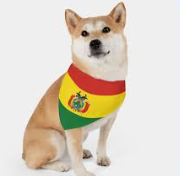
“When the Man waked up he said, ‘What is Wild Dog doing here?’ And the Woman said, ‘His name is not Wild Dog any more, but the First Friend, because he will be our friend for always and always and always.’”
—Rudyard Kipling
I was born in Cochabamba-Bolivia.
I lived my country Bolivia for 17 years. I am 19 now and I have been at Mt. View High School for 1 year.
I have attended school in Cochabamba- Bolivia, at a school near my house.
My first experience with a pet was when I was 10 years old. My dog Toby came to me as a lost dog near my school in Cochabamba, Bolivia.
My family teaches me that you never have to give up, that you can handle all things and everything that comes your way. I learned this lesson from my dog as well because he was living on the streets when I found him.
“There are currently 1.9 million dogs on the streets of Bolivia, an estimated 42 percent of which are abandoned pets.” – Bolivian Express
When I met him he was a very small dog, he was very cute and very playful, his color was like a light brown color. The first day we had him with us he was a little shy. After 2 weeks, he started to have more confidence, and ran everywhere, he was very happy. There were days when he played with a rooster, it was fun how they both ran chasing each other to another.When I got home from school I saw him at the door waiting for someone to open the door since he also went outside. Once he saw me he ran towards me and we both entered the house. I was with him for almost a year, then the real owners took him, but when they took him they saw that he no longer wanted to be there, that he was very sad and that he wasn’t eating, so they gave him back to us. and I stayed with him for another year.
I love animals. I do not have a pet now but one day I would love to work with animals. For this reason, I am interested in SDG 15
In my research I discovered that there are many jobs where people work side by side with dogs.
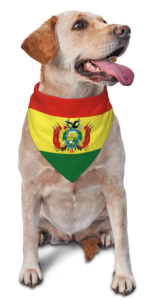 Police Dogs
Police Dogs
Detection Dogs
Military Working Dogs
https://www.thesprucepets.com/types-of-working-dogs-1118684
Target SDG 15.7 speaks about ending illegal trafficking and poaching of animals.
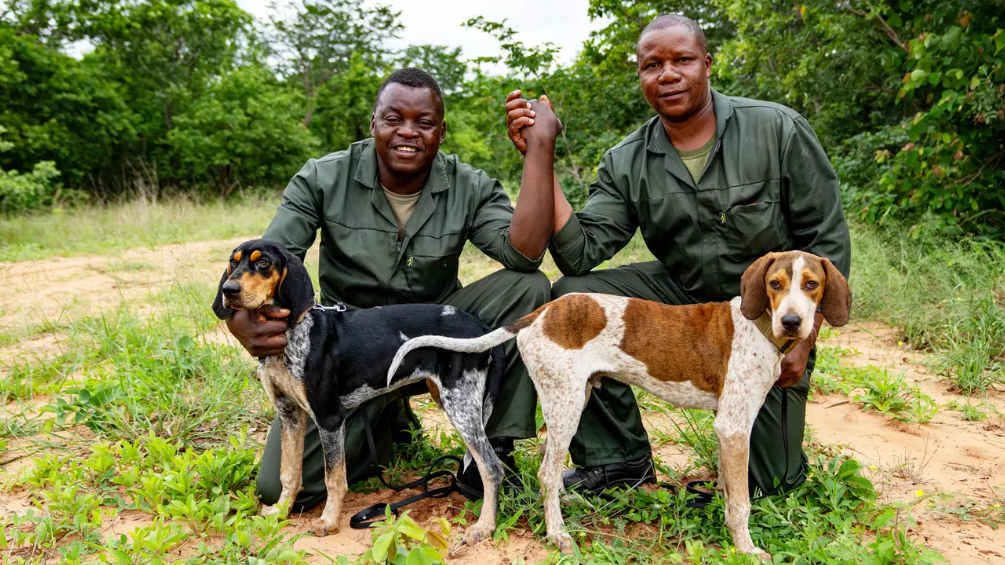
Poaching is illegally catching wild animals someone else’s property. This is a big problem in Africa
Poaching is the illegal trafficking and killing of wildlife. Sometimes animal or plant parts are sold as trophies or “folk medicines” and sometimes they are sold as pets or houseplants. With more tigers kept captive than living wild, the scope of poaching can not be overstated. Maintaining Earth’s biodiversity is critical as we rely on it for ecosystem services, which makes life possible. To have any hope of achieving this, poaching must be stopped.
https://education.nationalgeographic.org/resource/poaching/
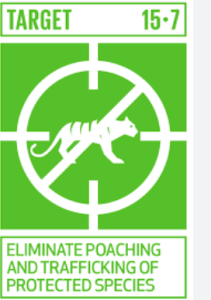
I found this resource explaining the work of global citizens on the topic.
Working Dogs for Conservation is the world’s leading conservation dog organization.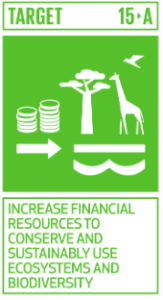
Whether it’s law enforcement, biosecurity, ecological monitoring, or environmental justice, WD4C consults, collaborates, and leads capacity building for detection, tracking, and discrimination dogs and handlers, all to make conservation happen around the world.
Our dogs can detect weeds before they break the surface, animals that live below ground, and or organisms invisible to the human eye, whether diseases or microscopic larvae.
We constantly strive to maximize the impacts dogs have for conservation. Pioneering new and innovative canine techniques, and combining dogs with other cutting edge technologies like artificial intelligence and laboratory methods, we make conservation more efficient, effective, and extend its reach.
